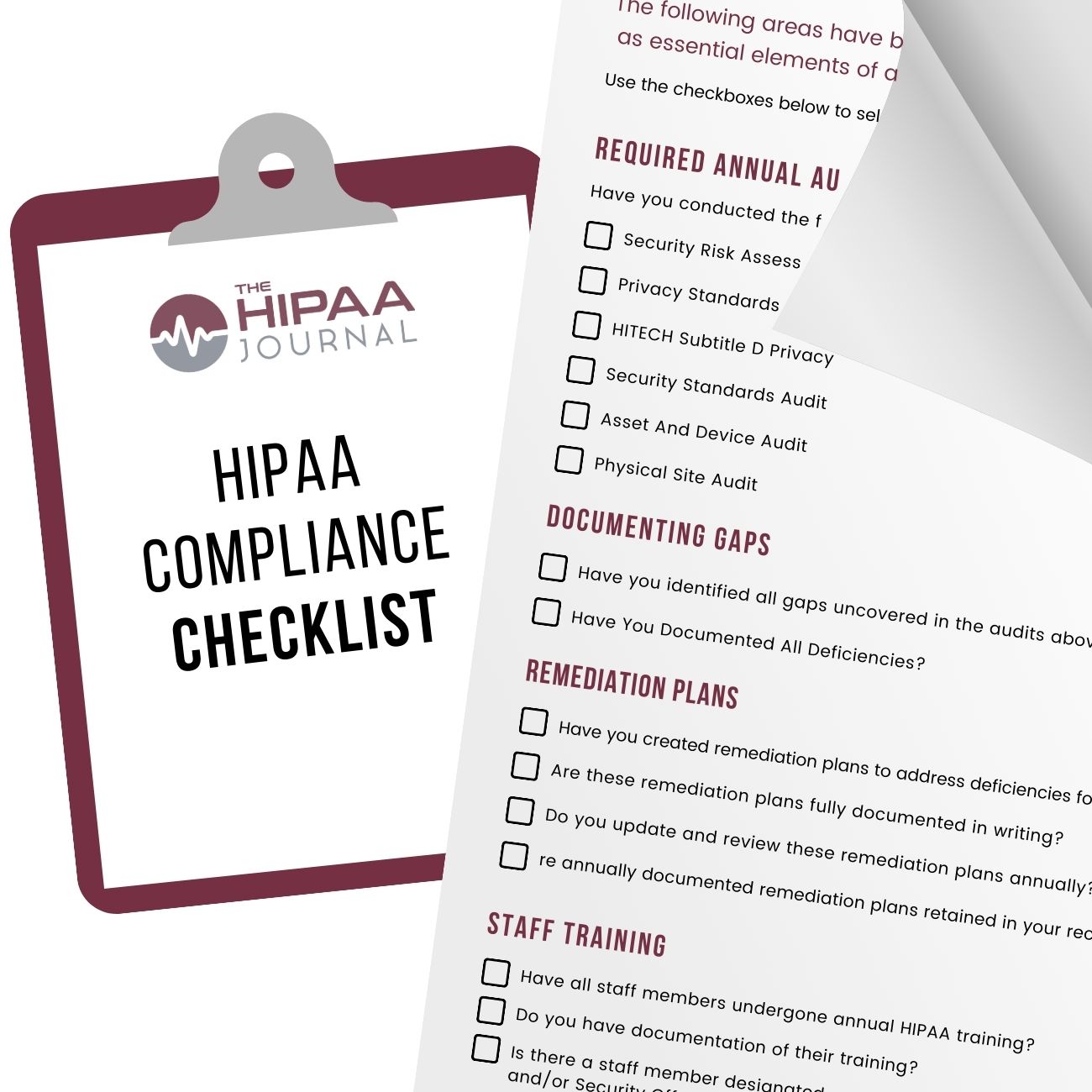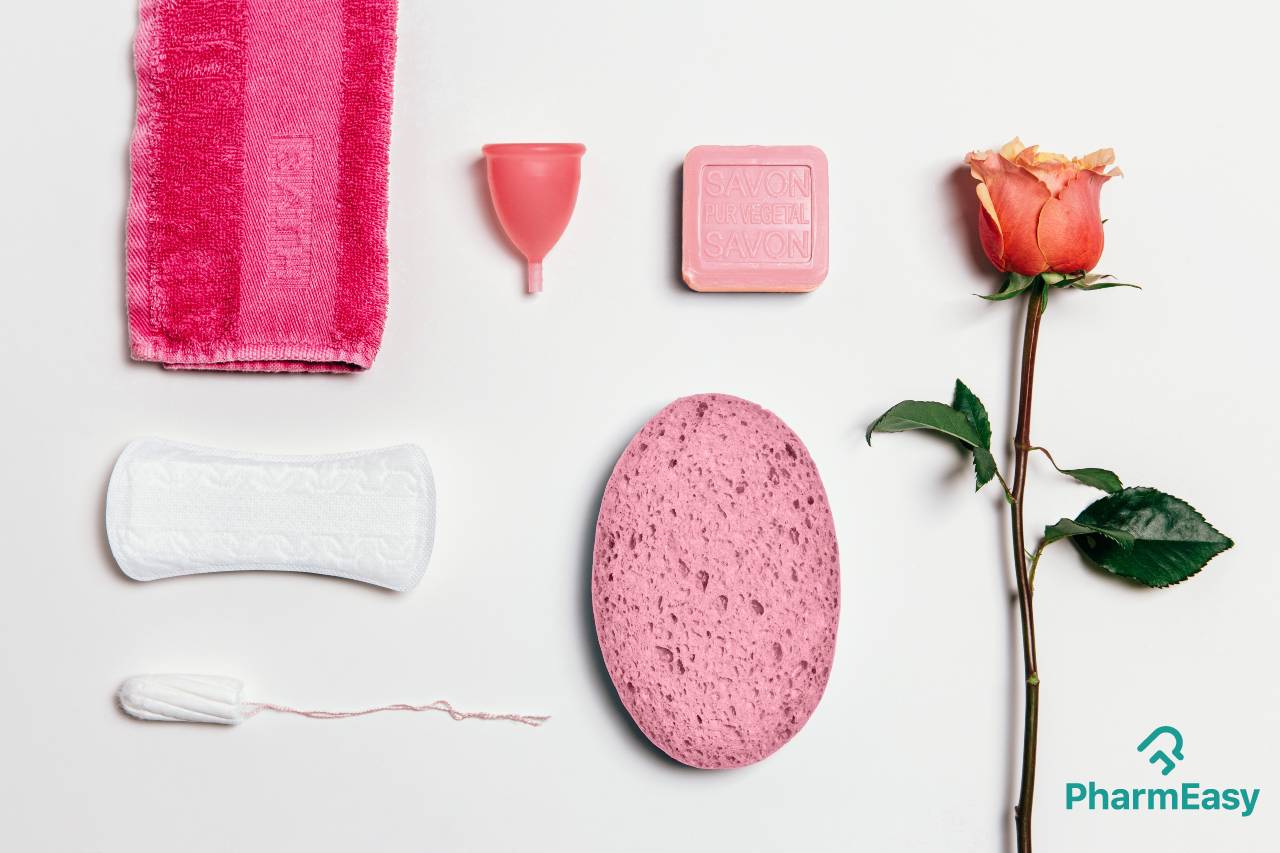Maintain accurate health by embracing a balanced diet and regular physical activity. Schedule regular check-ups to detect and address issues early.
Maintaining accurate health is a proactive endeavor requiring consistent commitment. In the quest to achieve optimal well-being, individuals must integrate a collage of healthy habits into their daily routines. A balanced diet rich in nutrients forms the cornerstone of good health, providing the body with the fuel it needs for energy and repair.
Alongside nutrition, physical activity plays a pivotal role in enhancing cardiovascular health, strengthening muscles, and boosting mental wellness. Getting adequate sleep, managing stress, and steering clear of unhealthy habits like smoking form additional pillars of a healthy lifestyle. Regular medical check-ups are essential, as they enable early detection and treatment of potential health issues. Embracing these habits not only contributes to physical health but also ensures mental clarity and emotional balance, laying the foundation for a vibrant, healthy life.

Credit: www.hipaajournal.com
The Cornerstones Of Health Maintenance
Everyone wants to stay healthy and feel their best. The Cornerstones of Health Maintenance are the foundation to a longer and happier life. Let's explore these essential elements that keep your health on track.
Balanced Nutrition: Key Components
Eating a variety of foods gives your body the nutrients it needs. Below are the key components of a balanced diet:
- Fruits and vegetables: At least 5 servings a day.
- Proteins: Lean meats, legumes, and nuts for muscle repair and growth.
- Whole grains: Like brown rice and whole wheat bread for energy.
- Dairy or alternatives: For strong bones and teeth.
- Fats: Healthy fats from avocados or olive oil support cell health.
- Sugars and salts: Less is better for heart and blood pressure.
Regular Physical Activity: Finding Your Fit
Finding a type of exercise you enjoy is crucial to staying active. Consider these options:
| Activity Type | Benefits |
|---|---|
| Aerobic | Improves heart health and stamina. |
| Strength training | Builds muscle and strengthens bones. |
| Flexibility exercises | Increases range of motion and reduces injury risk. |
| Balance activities | Enhances stability and prevents falls. |
Remember to get at least 150 minutes of moderate or 75 minutes of vigorous exercise per week.
Monitoring Your Health Parameters
Maintaining accurate health requires keeping a close eye on various health parameters. Tracking these indicators can alert you to potential issues early. This proactive approach supports a lifetime of well-being. Learn how to monitor your health effectively below.
Vital Signs: Tracking Your Numbers
Knowing your vital signs is key to health monitoring. These numbers give you a snapshot of your body's current state. Regular tracking helps identify changes that may indicate health problems.
- Body Temperature: A sign of infection or illness if too high or too low.
- Blood Pressure: High levels can lead to heart issues.
- Heart Rate: Indicates heart health and overall fitness.
- Respiration Rate: Rapid rates may signal lung problems.
- Oxygen Saturation: Low levels can point to breathing complications.
Health Screenings And Check-ups: Timelines And Importance
Regular health screenings and check-ups are foundational for catching conditions early. Know the right time for each test to stay ahead of health concerns.
Screening |
Frequency |
Age Group |
|---|---|---|
Blood Pressure |
Annually |
18 and older |
Cholesterol Levels |
Every 4-6 years |
20 and older |
Diabetes Screening |
As per doctor's advice |
35 and older |
Cancer Screenings |
Varies |
Based on risk factors |
Remember, these timelines are general. Your doctor may suggest different schedules based on your personal health history.
Mental Wellness And Stress Management
Caring for mental health is as important as maintaining physical fitness. Stress, a common challenge, often disrupts this balance. Effective strategies and techniques can help. Let's explore ways to create harmony in mental wellness and manage stress efficiently.
Mental Health Strategies For Balance
Achieving balance in mental health requires a proactive approach. Here's how to ensure mental equilibrium:
- Regular Exercise: Keeps the mind sharp and the mood lifted.
- Quality Sleep: Aims for 7-9 hours for optimal brain function.
- Healthy Diet: Nourishes the brain as well as the body.
- Time Management: Prevents overwhelm and maintains focus.
- Positive Relationships: Offer support and reduce isolation.
- Mindfulness: Encourages presence and reduces anxiety.
Stress-busters: Techniques That Really Work
Stress is a natural part of life. Yet, effective techniques can mitigate its impact. Try these proven stress-busters:
- Deep Breathing: Calms the nervous system instantly.
- Laughter: Releases endorphins, improving mood and health.
- Breaks: Short pauses can refresh and refocus the mind.
- Organization: Reduces chaos and brings clarity.
- Self-Care: Prioritizes personal time to unwind and enjoy.
- Support Networks: Lean on friends or professionals as needed.
Sleep's Impact On Health
The role of sleep in maintaining good health is as pivotal as a balanced diet and regular physical activity. Sound sleep can rejuvenate the body, repair tissues, and reset the mind. Neglecting sleep quality and duration can lead to serious health repercussions. It's crucial to prioritize sleep to ensure comprehensive well-being.
Sleep Hygiene For Optimal Health
Maintain a consistent sleep schedule by going to bed and waking up at the same time every day. Even on weekends, stick to your schedule to regulate your body's clock.
Make your bedroom a temple of rest. Use comfortable bedding, keep the room dark, cool, and quiet. Invest in curtains that block out light and try earplugs or white noise machines if needed.
- Lay off caffeine and heavy meals before bedtime.
- Integrate a relaxing routine before bed like reading or meditation.
- Avoid electronics at least an hour before sleep.
Understanding Sleep Disorders And Their Solutions
Sleep disorders can severely impact health. Common disorders include insomnia, sleep apnea, and restless legs syndrome.
| Disorder | Symptoms | Solutions |
|---|---|---|
| Insomnia | Trouble falling or staying asleep | Cognitive Behavioral Therapy, sleep aids, lifestyle changes |
| Sleep Apnea | Loud snoring, daytime fatigue | CPAP machines, oral appliances, surgery in severe cases |
| Restless Legs Syndrome | Uncomfortable sensations, urge to move legs | Exercise, iron supplements, medication if necessary |
Consult a healthcare provider if you suspect a sleep disorder. Prompt diagnosis and treatment are key.
Strive for 7-9 hours of sleep each night for optimal health. Good sleep lays the foundation for a healthier, happier life.
Navigating Health Information
Lifestyle Choices And Long-term Health
Maintaining accurate health is a lifelong journey shaped by the choices we make every day. Smart lifestyle selections can have a profound impact on our well-being. These choices include what we eat, how much we exercise, and the habits we either cultivate or resist. To build a healthier future, it's essential to understand the paths that lead to long-term health benefits.
Addiction And Health: Facing The Dangers
Addiction represents a serious threat to health. It can destroy lives, families, and communities. Understanding its risks and seeking help early is critical. Here's how addiction can affect health:
- Disease risk increases, especially for heart and lung conditions.
- It can harm mental health, leading to disorders like depression.
- Addiction often leads to neglecting nutrition and exercise.
Combatting addiction requires strength, support, and often professional help. Early intervention is key to better health outcomes.
The Role Of Relationships And Community
Human connection enriches our lives and bolsters our health. Relationships and community provide emotional support, reduce stress, and encourage healthy behaviors. They contribute to a sense of belonging, improve our mood, and can even boost our immunity. To harness these benefits:
- Engage with community groups or clubs.
- Maintain regular contact with friends and family.
- Seek out social activities that promote well-being.
Investing in our relationships is investing in our health. Communities support us in times of need and amplify our joys, enhancing our life quality.
The Role Of Technology In Health Maintenance
Technology revolutionizes everyday living. Health maintenance is no exception. With innovative tools, individuals can monitor their health easily. Technology empowers users to take control, making healthy living accessible and efficient.
Health Apps And Wearables: Do They Help?
Smartphones and devices track health metrics. Users set goals, monitor progress, and make informed choices.
- Steps and activity logging keeps users on the move.
- Diet applications aid in meal planning for proper nutrition.
- Sleep trackers ensure users get enough rest.
Wearables sync data in real time. Heart rate and oxygen levels are monitored during daily routines. By making sense of data, users foster healthy habits.
Telemedicine: The Future Of Health Care?
Telemedicine is a game-changer. Remote consultations save time and reduce exposure to illnesses.
- Users connect with doctors anytime, anywhere.
- Chatbots offer immediate advice for common queries.
- Electronic health records enable efficient care.
Advancements continue. Virtual reality might train surgeons or aid therapy soon. Health care is becoming more personal and convenient through technology.

Credit: pharmeasy.in
Frequently Asked Questions Of How To Maintain Accurate Health
1. What Foods Promote Overall Health?
Eating a balanced diet rich in vegetables, fruits, lean proteins, whole grains, and healthy fats supports overall health.
2. How Often Should Health Check-ups Occur?
Adults should aim for at least an annual health check-up, but certain conditions may warrant more frequent visits.
3. Can Regular Exercise Improve Health?
Regular physical activity, including both aerobic and strength exercises, significantly improves various aspects of health.
Conclusion
Staying on top of your health needn't be daunting. Small, consistent steps are key to lasting wellness. Remember to consult healthcare experts and embrace technology for tracking progress. Prioritize your well-being and watch the transformation unfold, for a happier, healthier you.
Stay vigilant; your health is worth it.


